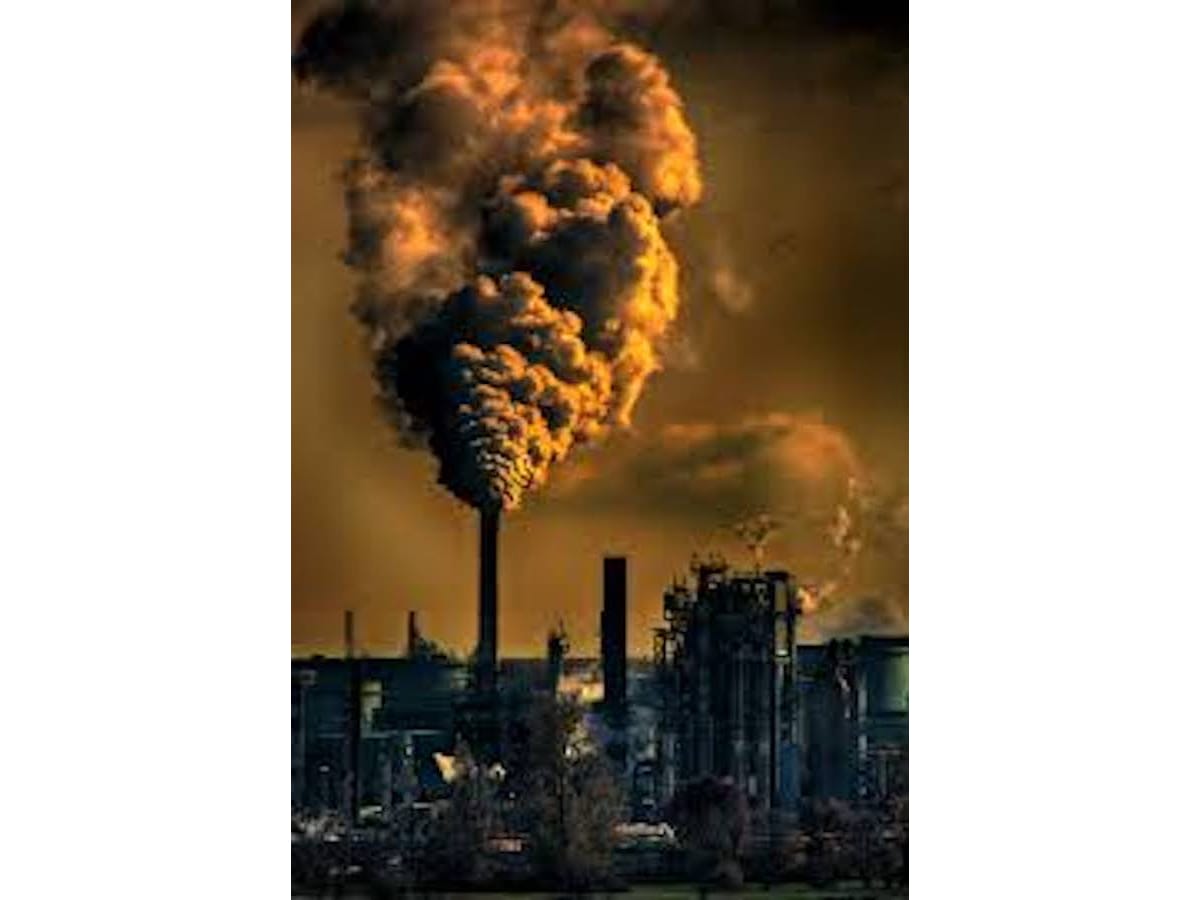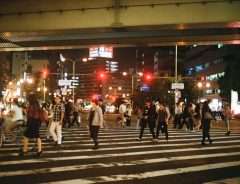
Source: © pixy.org
United Nations global survey finds solid majority of Japanese believe in the climate emergency
- Tags:
- climate change / Global warming / Survey / United Nations
Related Article
-

Survey of pet owners finds Japan’s dogs in rude good health
-

Top ten YouTube channels popular among high school students in Japan
-

What Do Locals Think About Osaka’s Current Covid-19 Crisis?
-

First Impression Working Women Want to Make Is Clear Skin, Japanese Survey Reveals
-

Studio Ghibli heroine ranking: Who came in first?
-

Feeling The Heat: Japan Uses The 2020 Olympics to Further Climate Awareness


With the beginning of the Biden and Suga administrations, both the U.S. and Japan are embarking on ambitious paths toward renewable energy and decarbonization. The EU, too, has issued its own version of a “green plan” to tackle runaway climate change.
These plans look impressive, but can they be realised? How can global decarbonization be pushed to the next level? And when it comes to Japan, what will it take to affect real change from the country’s biggest energy producers and consumers? What has really been learned in the 10 years since the nuclear meltdown at Fukushima?
© pixabay.com
The Japanese public certainly backs radical action to address the climate crisis. According to a recent poll commissioned by the UN Development Programme, 79% of Japanese believe that climate change constitutes an emergency. Among developed world countries, only in Italy and the UK do more people believe in the climate emergency (the figure stands at 81% in both countries).
It's also notable that belief in the climate emergency in Japan is strong across all age groups. Perhaps unsurprisingly, 81% of under-18s in Japan believe that climate change constitutes an emergency. But the proportion of over-60s in Japan who believe in the climate emergency is also high: 77%, second only to the UK, where it stands at 78%.
Not a popular opinion in Japan, or anywhere else for that matter. | Tony Webster, CC by SA 2.0 / © flickr.com
Where Japan diverges from Europe is in how best to respond to the climate emergency. Only 62% of Japanese agree with the proposition, “we should do everything necessary to tackle the climate emergency.” Though still a significant majority, this figure is only 17th highest among the countries polled and significantly less than in the two highest-ranking countries: Italy, where 78% agreed, and the UK, where 77% agreed.
In short, a large proportion of the Japanese public believes in the climate emergency, yet almost 40% of them do not believe that the situation demands an urgent response.
This surely explains why public demonstrations and other manifestations of discontent are so much less visible in Japan than in other rich world countries.
This might seem contradictory, but as anyone who has watched an ambulance pootle through the streets of Tokyo with siren blaring while doing all of 30 mph will tell you, in Japan an emergency is not regarded as sufficient reason to disturb people as they go about their day-to-day business.
Plans to build a green economy are also less popular in Japan. According to the UN Development Programme’s poll, 59% of Japanese back investment in environmentally sustainable industry and jobs. This represents a solid majority but is only the 7th highest figure among G20 countries.
Japan is also notable for its reluctance to name and shame its worst polluters. In seven out of 12 other high-income countries, a majority of the public believes that companies should be made to pay for the pollution they cause. In Japan that remains a minority opinion.
On the other hand, 72% of Japanese respondents are in favour of reducing food waste. In no other country are so many people in favour of reducing food waste.
This may be because few countries generate as much food waste as Japan. According to the Ministry of Agriculture, Japan’s convenience stores and supermarkets throw away 600,000 tons of food every year. That’s enough to feed a city of three million people for a whole year.
Recycling and sustainable resource consumption is certainly a hot issue in Japan, but they are addressed by individuals, not organisations. That’s why putting your recyclables out on the wrong day generates such opprobrium, while burning millions of tons of rubbish every day barely elicits a shrug of the shoulders.
Source: "Two-thirds of world see 'climate emergency,' U.N. survey finds" (Japan Times, January 27th, 2021)